Meet the Polygon Protocol Council

Over the last month, the Polygon community has helped to define a framework of decentralized, community-led governance for existing and future Polygon protocols.
As Polygon 2.0 reimagined every aspect of the Polygon ecosystem, what governance 2.0 would look like for a Polygon ecosystem of ZK-powered L2s has also been under discussion. From articulating core values as proposed in the Three Pillars of Polygon Governance to suggesting specific processes, the community has driven the thinking behind Polygon Improvement Proposals (PIP) directly related to governance and protocol upgrades.
Today, PIP-29 introduces the proposed creation of a Protocol Council, in response to the feedback received. If embraced by the community, this will be a critical first step in moving the Polygon ecosystem towards scalable and decentralized governance, and laying the foundation for governance 2.0.
The Protocol Council is a community-governed body of 13 members responsible for the narrow-in-scope, timelock-limited changes to system smart contracts implemented on Ethereum for existing and future Polygon protocols, as described in Polygon 2.0 vision. Members will act through a Gnosis Safe contract to execute changes on Polygon blockchain infrastructure.
The Protocol Council will execute the community-led process to initiate future upgrades, including those proposed in the Frontier phase of Polygon 2.0.
For context, smart contract upgradeability is a necessity for core pieces of Polygon architecture implemented as L1 smart contracts. By design, L2 networks require at least some presence on L1, i.e., Ethereum. In order to maintain security and the ability to seamlessly move to an upgraded version, there needs to be someone or something external empowered to take action when needed. You can read more about it in the Upgradeability of Ethereum L2s report by L2Beat.
The proposal put forward today is a Goldilocks zone of decentralized community control alongside the efficiency of council governance. Future PIPs based on the ideas visualized in the Three Pillars of Governance infographic will also soon expand on direct and indirect community control over the Council.
Below, get to know Council members, principles for selection, their backgrounds, and understand the proposed scope of their role.
Principles for Member Selection
The criteria for the inaugural set of Protocol Council members was based on the fact that security and resilience is paramount for Polygon 2.0 protocols.
Firstly, the Protocol Council members should be value-aligned with Ethereum, the L2 ecosystem, and the wider Web3 ethos. Secondly, the composition of the Protocol Council should ensure (operational) resilience, including by means of jurisdictional diversity, organizational diversity, and identification diversity (e.g., public persons, anon individuals, companies). Thirdly, Protocol Council members should demonstrate a level of technical, security, and governance competence, established by past participation in Web3 governance frameworks, security councils, and technical involvement in the Ethereum and L2 space, among other experiences.
Lastly, no entity should hold wide sway over the decision-making of the Protocol Council, and this is mainly expressed in the list of proposed decision-makers, including limiting Polygon Labs’ representation on the Council.
Meet the Inaugural Council
With high quality members, the Protocol Council will prove to be a reliable protocol guardian, ensuring security and community will to the future of Polygon 2.0.
Now, here are the proposed members with brief biographies:

Proposed Scope of Responsibilities
In June, the Protocol Council was proposed on the Polygon forum as a critical component for the Second Pillar of Polygon Governance. Along with Pillars One and Three, the post was part of a broader call for proposals to discuss with the community how to erect an overarching governance framework for a decentralized, community-led future in Polygon 2.0.
After gathering and responding to community feedback, the Council has taken shape, leading to today’s proposals. Although the Protocol Council will serve a critical function, the scope of its abilities are narrow and specific.
As proposed, the Protocol Council Gnosis Safe contract will have the ability to make regular and emergency changes to future Polygon 2.0 system smart contracts. Initially, this would include the following contracts:
Changes will follow a transparent process via the PIP governance framework. Various stakeholders, from infrastructure providers, through dApp and core developers, are already involved in the governance process of Polygon PoS - Polygon 2.0 and the Protocol Council will build and expand on this framework.
As proposed, regular changes would require 7/13 consensus of the Council Gnosis Safe contract with a 10-day timelock. This reflects a simple majority, and each regular change may entail a transparency report, as well as, eventually, community veto checks on upgrades.
An emergency change would require 10/13 consensus of the Council Gnosis Safe contract, with no timelock. Such changes will also include corresponding transparency reports.
By optimizing the total number of signers required to approve a contract change against the total number of signers, a balance can be struck between minimizing collusion risk while maximizing signer availability for emergency changes.
This proposal is a first step in a broader goal of further decentralizing governance for Polygon protocols in a security-oriented and responsible way. Going forward, the community will help steer membership and terms of the Council through direct feedback, PIP proposals, as well as off- and on-chain voting components. As decision-making becomes even more decentralized, community feedback, participation, and proposals are now that much more important.
So, be sure to tune into the forum and make your voice heard!
Website | Twitter | Developer Twitter | Forum | Telegram | Reddit | Discord | Instagram | Facebook | LinkedIn





.jpg)
.jpg)
.png)

.png)

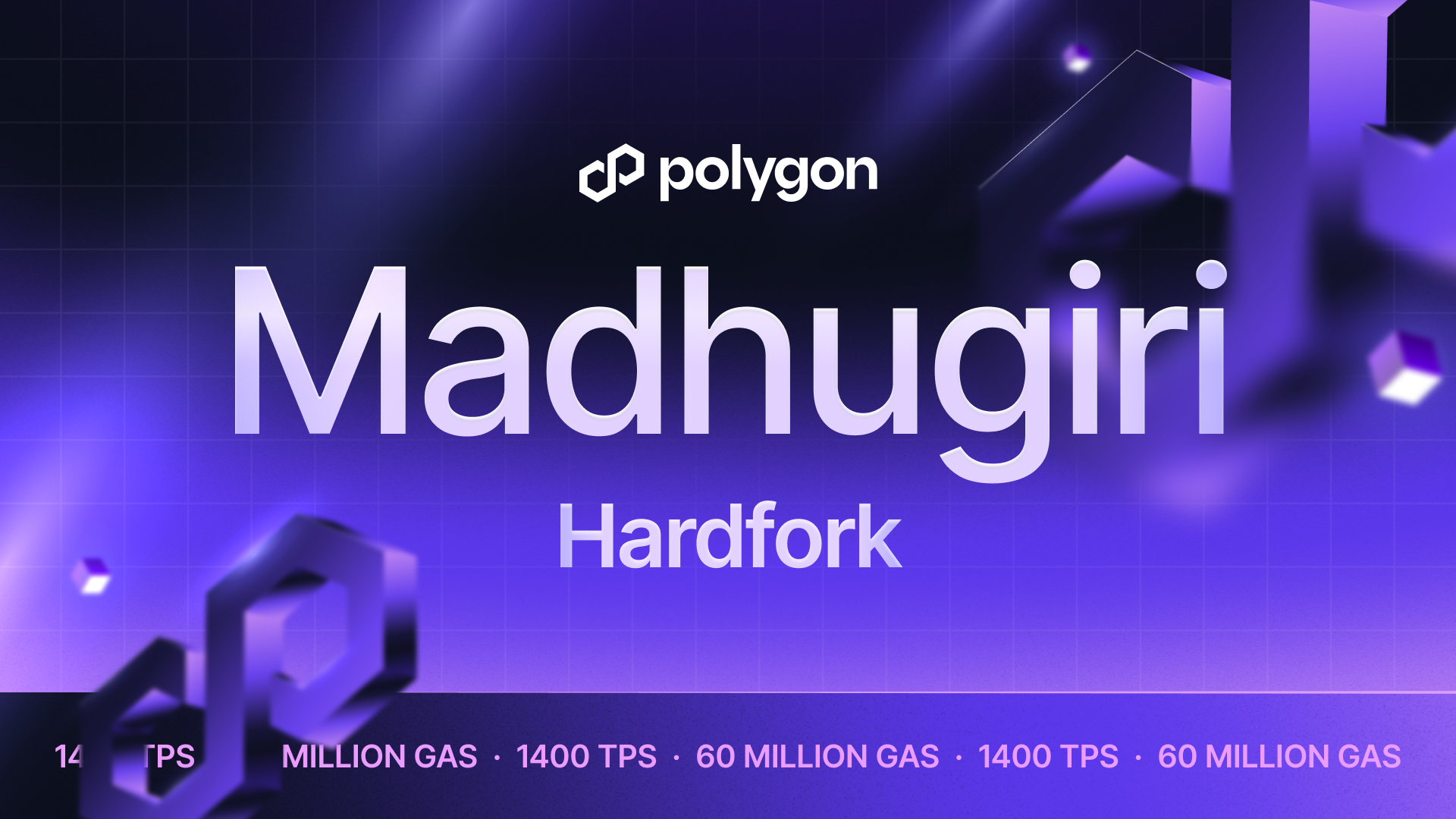
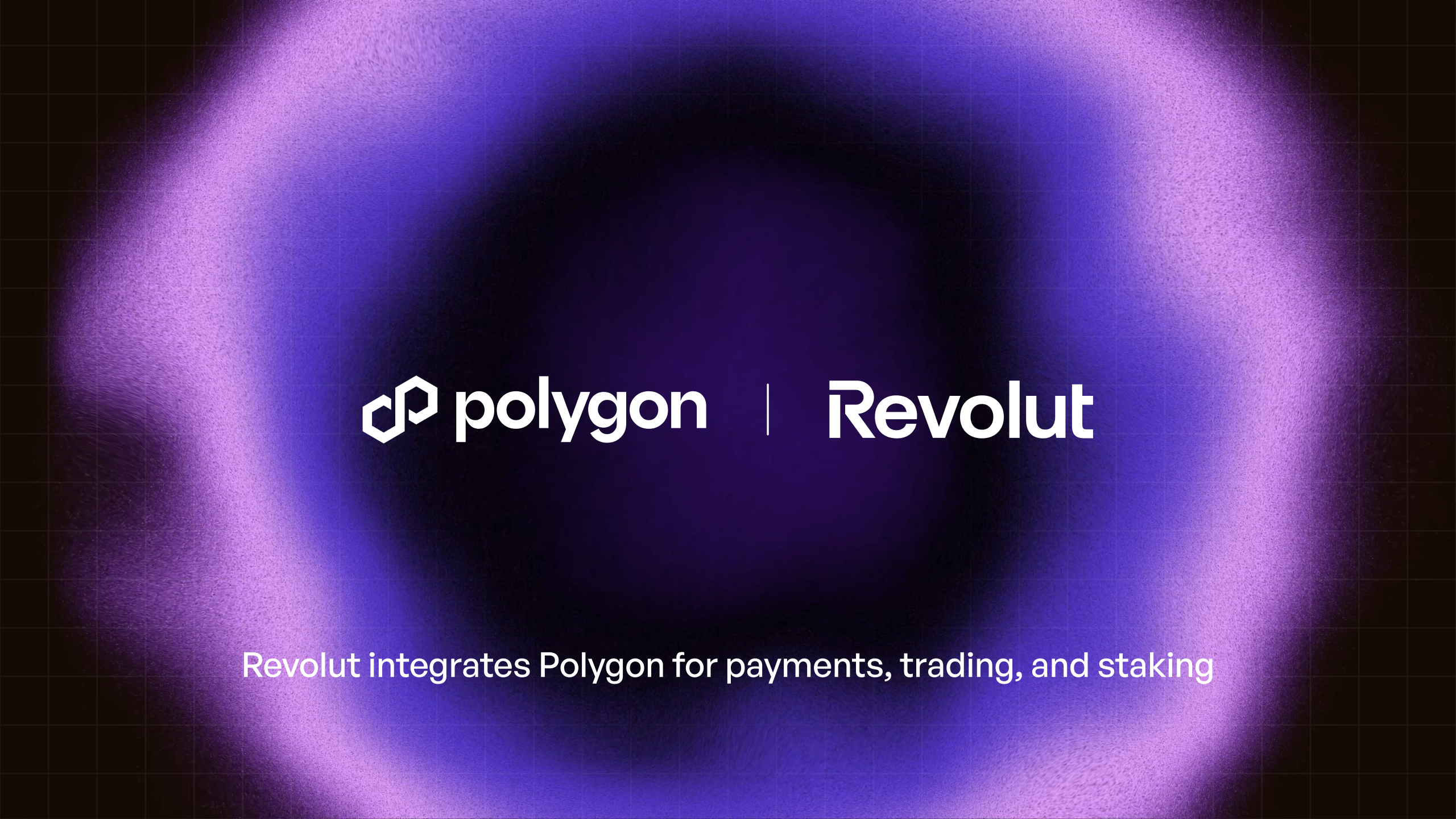
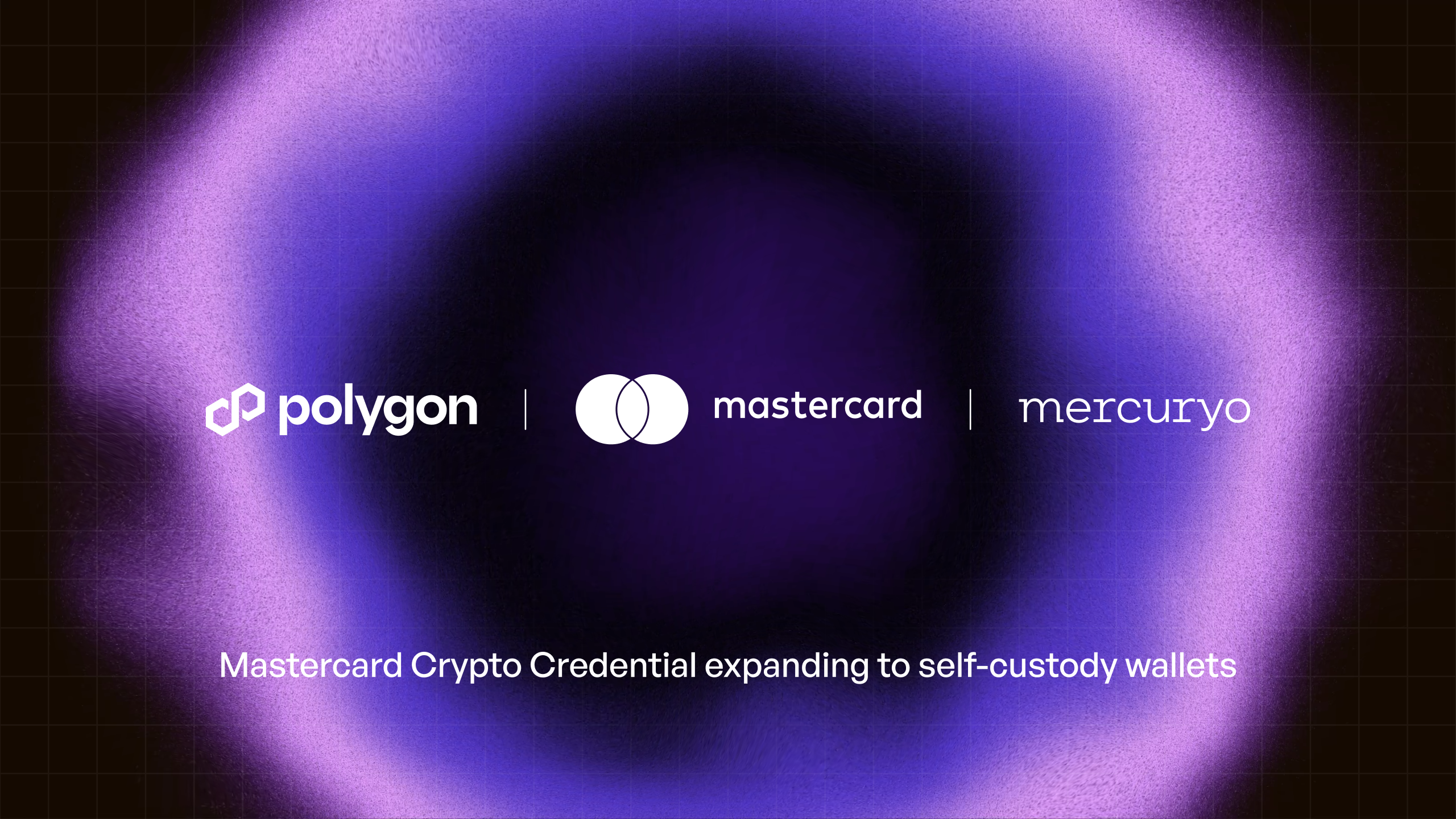
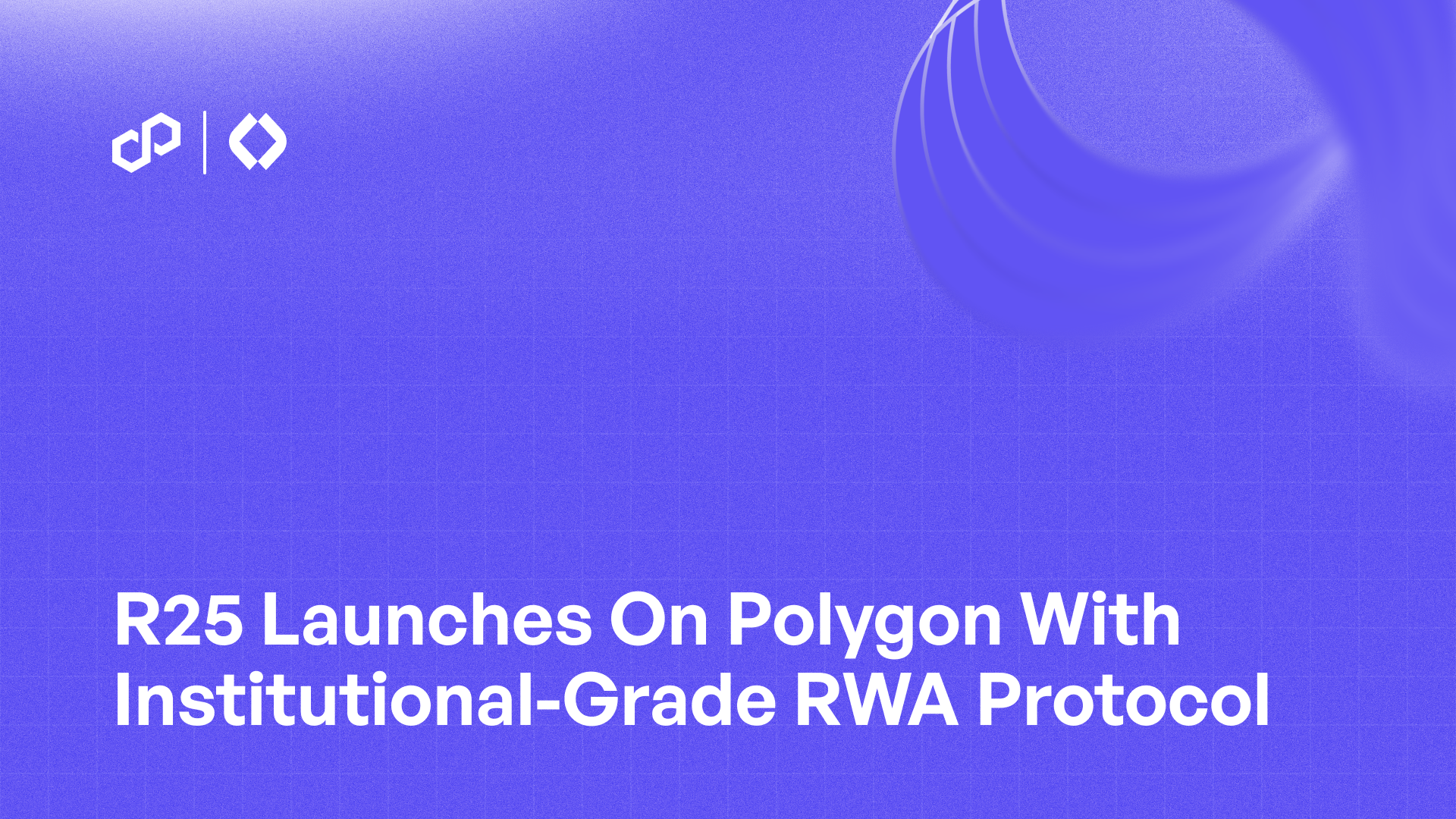
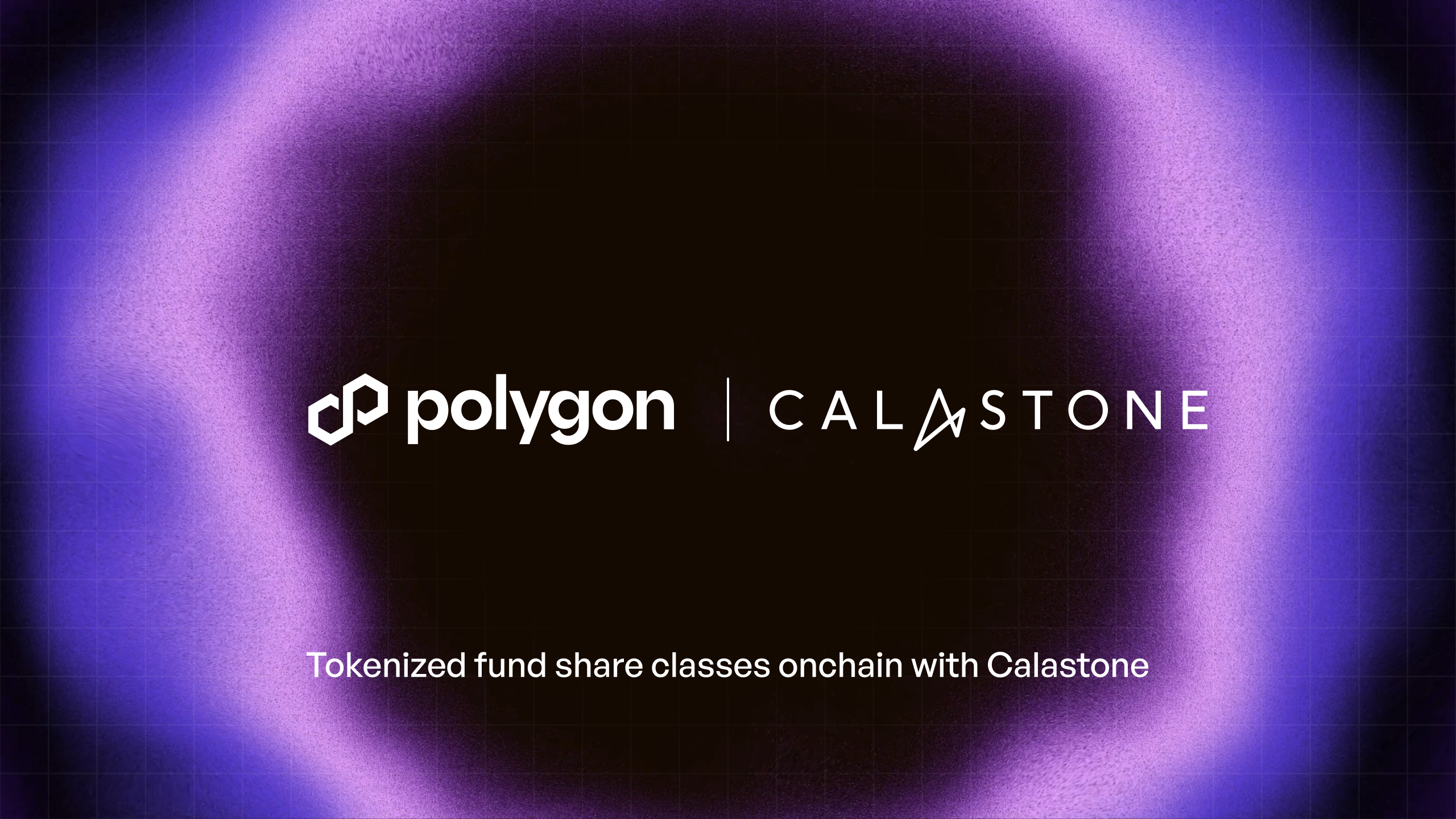
%20(1).png)
